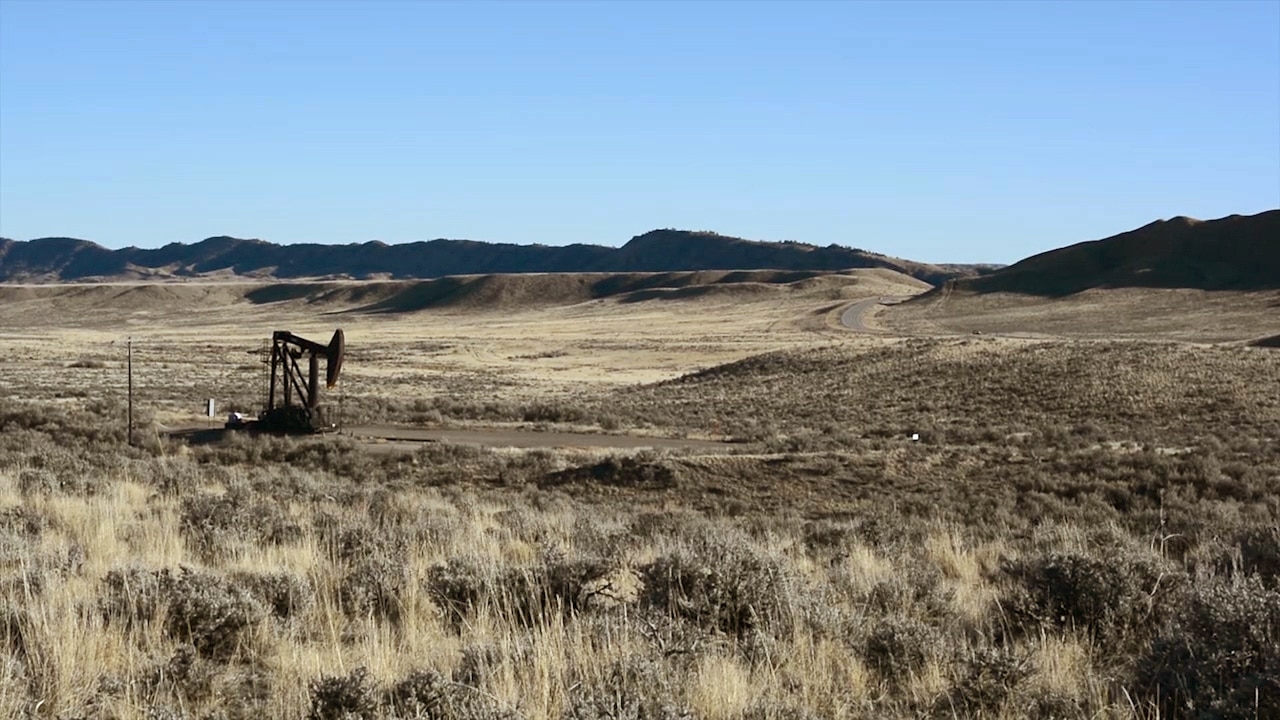Never let a crisis go to waste. Agriculture Committee leaders are following that old maxim, asking the “Super Committee” charged with reducing the deficit by at least $1.2 trillion, to lock in high levels of farm spending for the next five years at the same time. Aggies clearly recognize that cuts are coming and they want to make sure that they don’t both cut now and again later when the current farm bill expires in 2012.
While the bi-partisan and bi-cameral Agriculture Committee leadership is trying to grab all they can, most of the country is increasingly aware of the need to rein in deficits and have proposed trillions of dollars in savings. President Obama proposed $33 billion worth of savings from agriculture, Republican House Budget Chairman Paul Ryan (R-WI) found $30 billion, and TCS chronicled $90 billion. The leadership of the Agriculture Committees came up with a mere $23 billion over the next 10 years. But even more galling, House Agriculture Committee Chairman Lucas (R-OK) is leading the charge to circle the wagons and protect their sacred cows stating he “would hope that that $23 billion cut would reflect a commitment from leadership in Congress that ag’s done its part for the next five years.” And he goes on to raise the specter of using the Super Committee to “tie down the resources that are available for a farm bill for the next five years.”
Trying to get the Super Committee to include the Farm Bill in their package takes some chutzpah and more than a little contempt for the 523 lawmakers not on the Super Committee, as well as the American public. The Farm Bill is a massive piece of legislation Congress passes about every five years to create, continue, or modify hundreds of programs relating to agriculture. It covers programs supporting agriculture producers, conservation spending, research, trade, nutrition, and is the vehicle that governs school lunch programs and food stamps. Any legislation that comes out of the Super Committee will receive little debate and can’t be amended. It’s untouchable; take it or leave it. The Farm Bill is too important to rush through a quick process without a fully engaged public. The Farm Bill affects everyone, so everyone needs to be involved.
The Super Committee needs to stay focused on its job—reducing the deficit—and savings from mandatory spending programs like agriculture should be part of it. But, laying the groundwork for the next five or ten years of agriculture policy (or transportation policy, water resources, etc.) is better left to the committee process and open floor debate. Perhaps agriculture leaders see the writing on the wall: House consideration of the FY12 Agriculture appropriations revealed a legislative interest in cutting farm programs, like paying millions in bribes to Brazil so that we could continue our wasteful and illegal subsidies to cotton producers. This kind of taxpayer victory won’t happen if the special interest provisions are baked in behind closed doors.
Setting agriculture policy under regular order in no way limits the Super Committee from finding significant savings by weeding out wasteful, outdated, or unnecessary spending. There is near consensus that direct payments – cash given to land owners simply because the land used to be farmed –need to be eliminated. Billions can be cut from crop insurance where taxpayers foot the bill for an average 60% of the farmer’s insurance premium, and reimburse insurance companies for all their administrative expenses, all while insuring the insurance companies against their losses. There are tens of billions worth of low hanging agriculture fruit. The Super Committee should implement these cuts rather than spend their time crafting a backdoor way to pass contentious legislation.
The Farm Bill is one of the sacred cows in Washington. It’s filled with many programs that no longer meet the reality of farming in the 21st century. The Super Committee is going to have a hard enough time finishing everything that’s already on its plate. Crafting long term agriculture policy is better left to those of us with a hunger to make government work for taxpayers, rather than special interests.
###
TCS Quote of the Week
“It is unjustifiable to spend billions each year on a program that pays farmers for no other reason than because they chose to grow one of six commodity crops, for which they are already receiving record market prices.” — Rep. Earl Blumenauer (D-OR) (Oregon Live)









